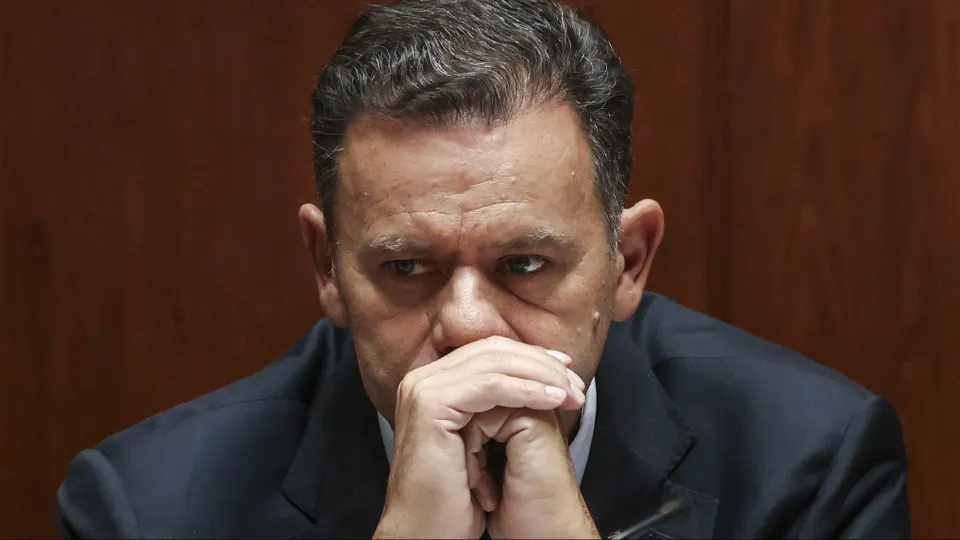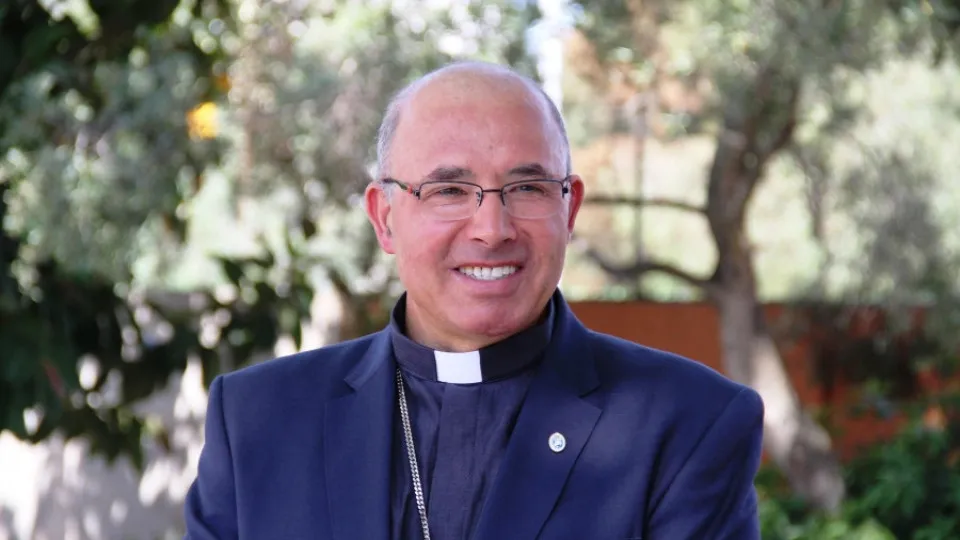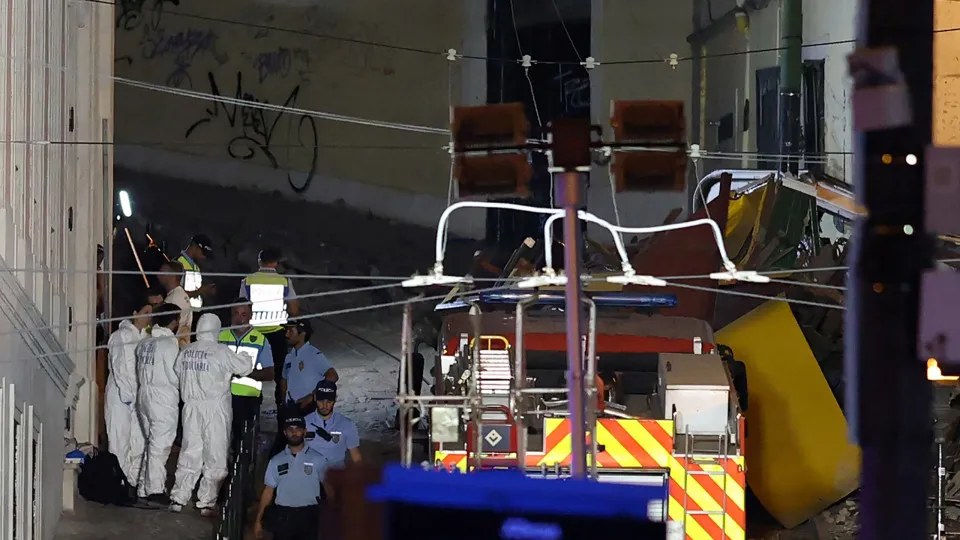
The final day of August promised celebration for the PSD and the Prime Minister at the closing of the party’s Summer University in Castelo de Vide, Alentejo, but was overshadowed by a controversy involving the properties of Luís Montenegro and his family.
The Prime Minister had requested, and was granted, a restriction on public access to the registry numbers of over 50 properties declared to the Entity for Transparency (EpT).
Montenegro declared six urban properties, including a house in Espinho and an apartment in Lisbon, and 46 rural buildings, which he inherited. He filed a request opposing the disclosure of the properties’ registry numbers, a request approved by the EpT, preventing public scrutiny of Montenegro’s real estate assets.
When approached for clarification, the Prime Minister’s office initially did not respond. However, on Sunday, August 31, Montenegro reacted twice with differing statements.
In the morning, Montenegro denied blocking access to the property data, stating he did not oppose the disclosure of the registry numbers and had no hesitation about releasing the information.
Later that day, the Prime Minister’s office clarified that the request was to restrict access to the registry numbers of six urban properties, not 55, citing security concerns as the reason. The statement emphasized this measure was to protect personal and family residence addresses, a common practice for other political figures as well.
The EpT justified that revealing these addresses poses security risks to the Prime Minister and his family, leading to impractical and expensive public security measures.
Contrary to reports, the opposition concerned only six urban properties, the habitual residence, and close family residences. The request, grounded in law, was approved by the EpT.
It was also noted that all property register documents related to Montenegro’s declared urban and rural properties are archived at the EpT for property and income monitoring purposes.
This protection does not hinder scrutiny or access to documents proving property acquisition conditions, such as public deeds. Arguing otherwise suggests bad faith, the statement asserted.
The registry number is crucial for identifying and locating a property and accessing the deed, potentially revealing unauthorized or discounted purchases. However, according to law, politicians or high-level public managers can oppose public access to these registry numbers.
In July, the EpT had already disclosed that Montenegro submitted requests opposing public consultation of his income declarations due to the client list of his family company, Spinumviva.




